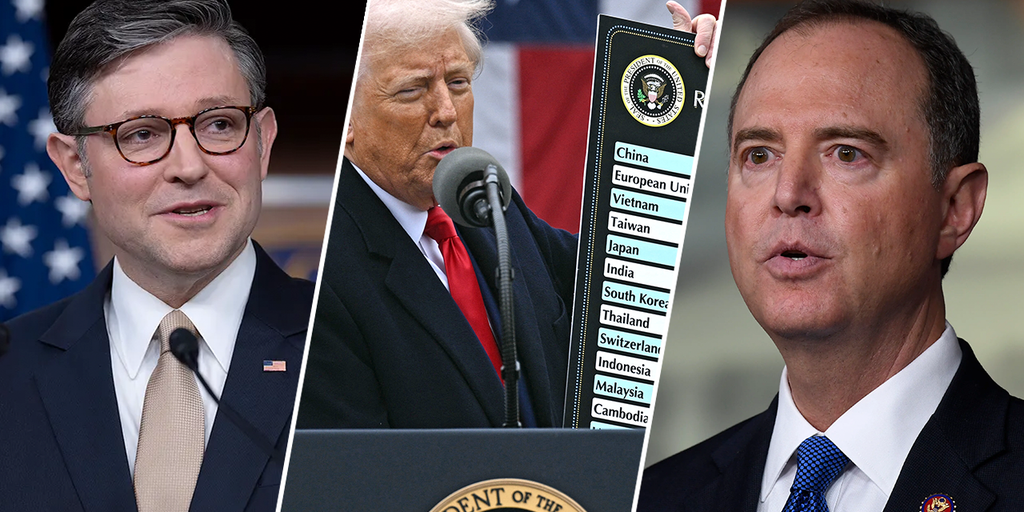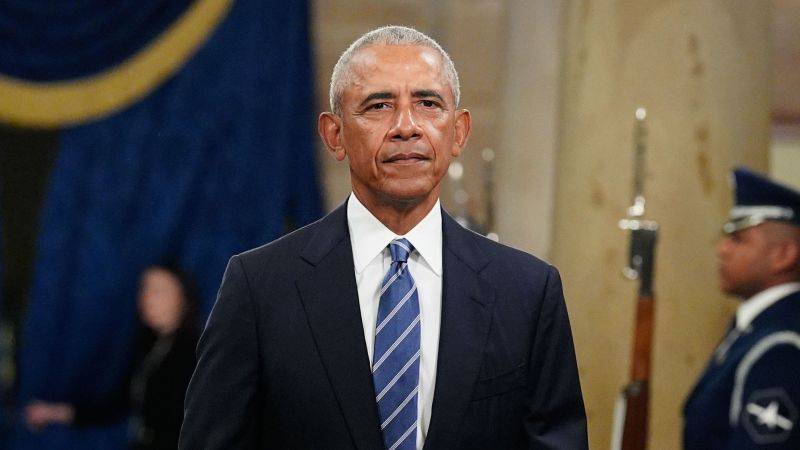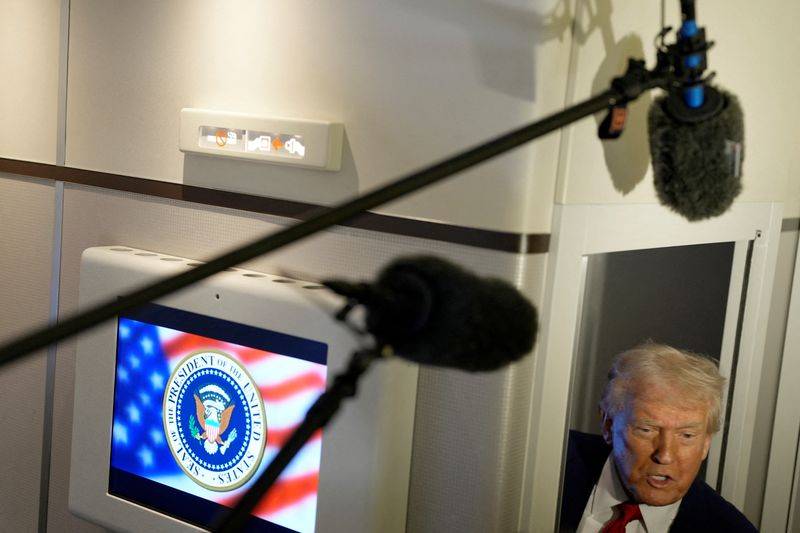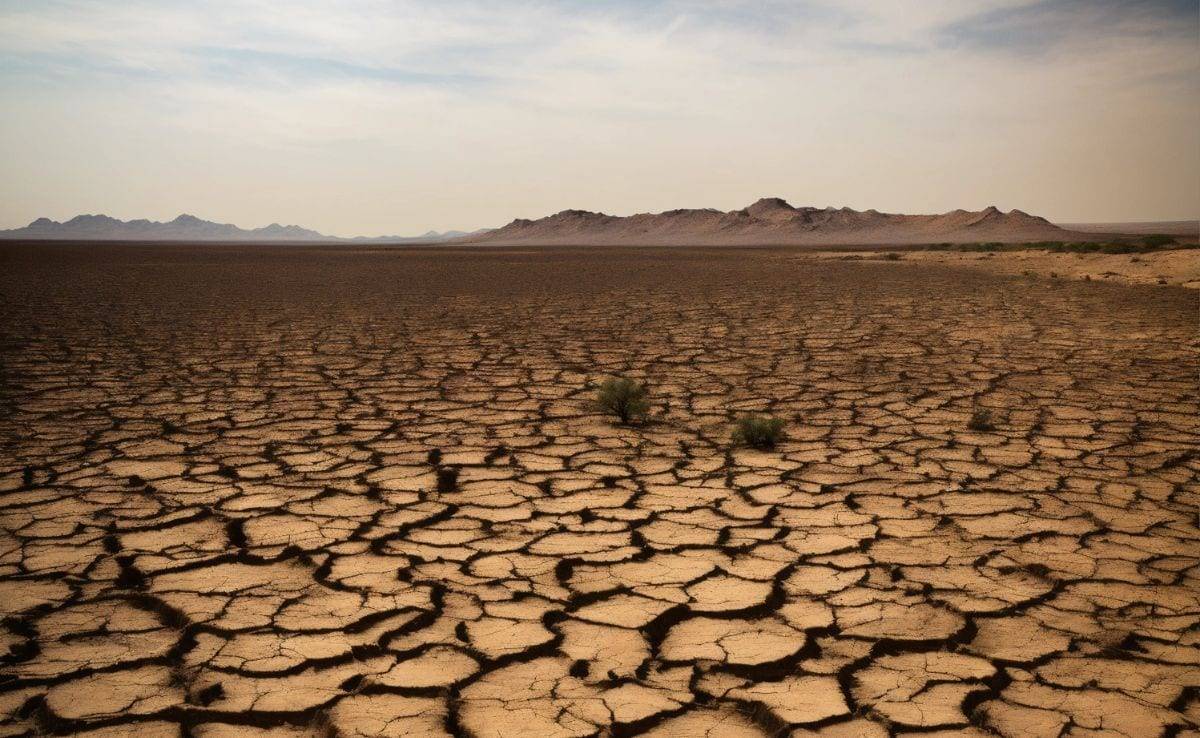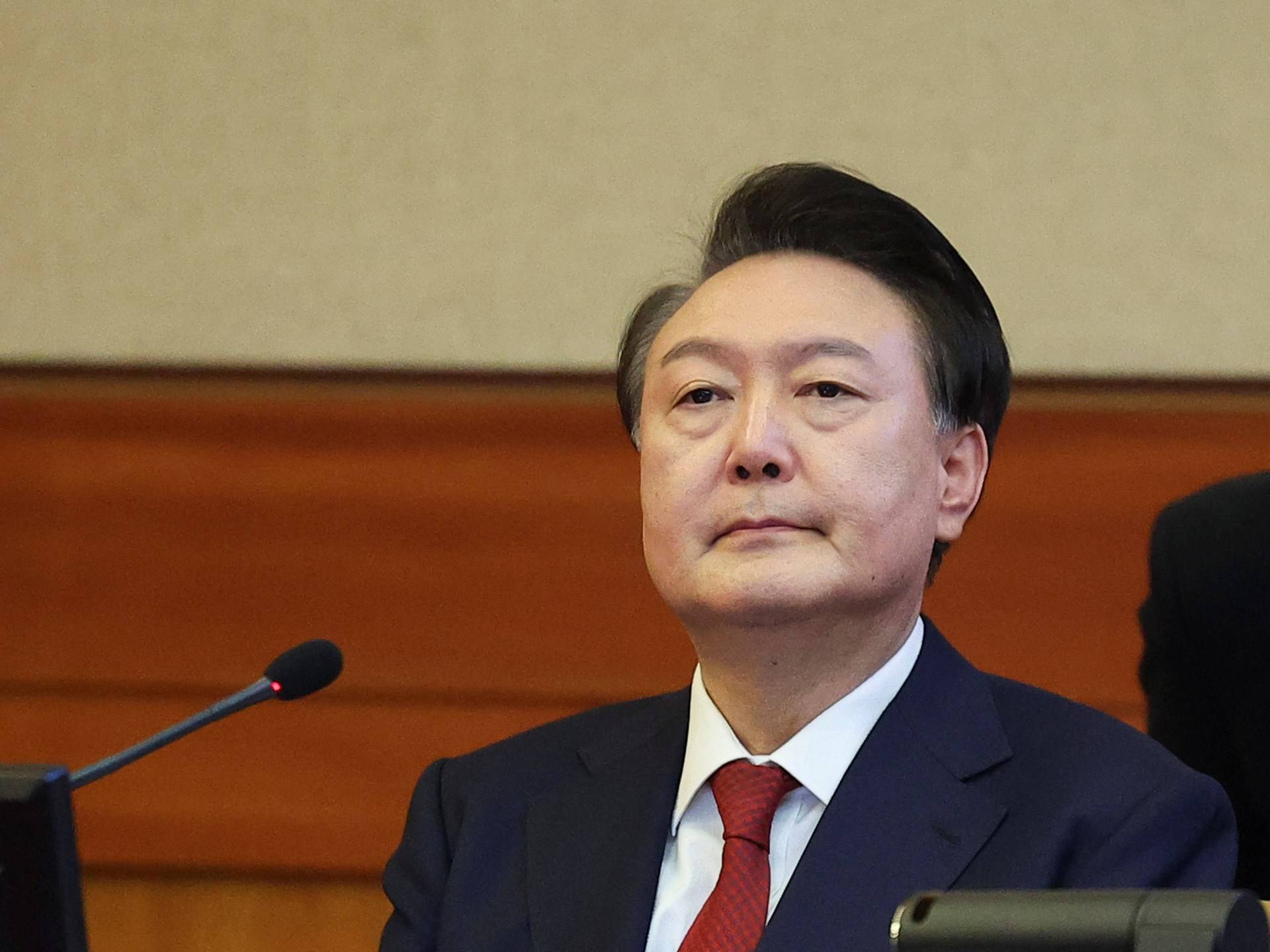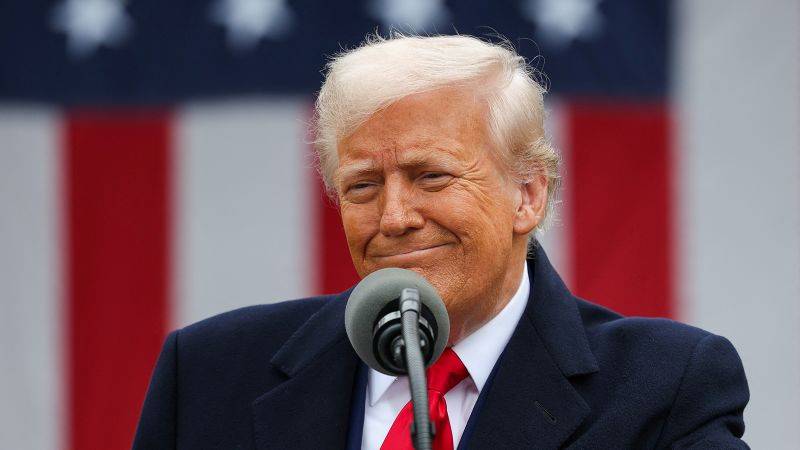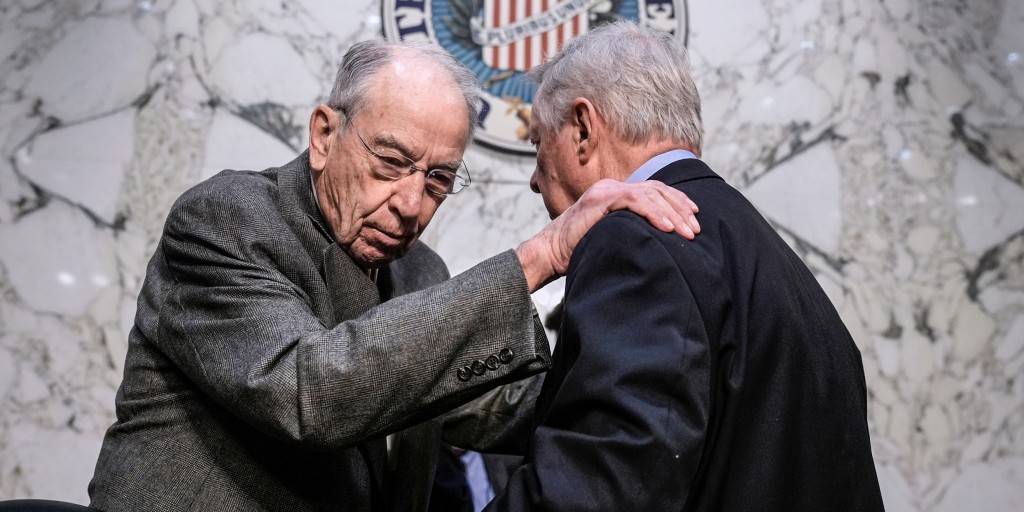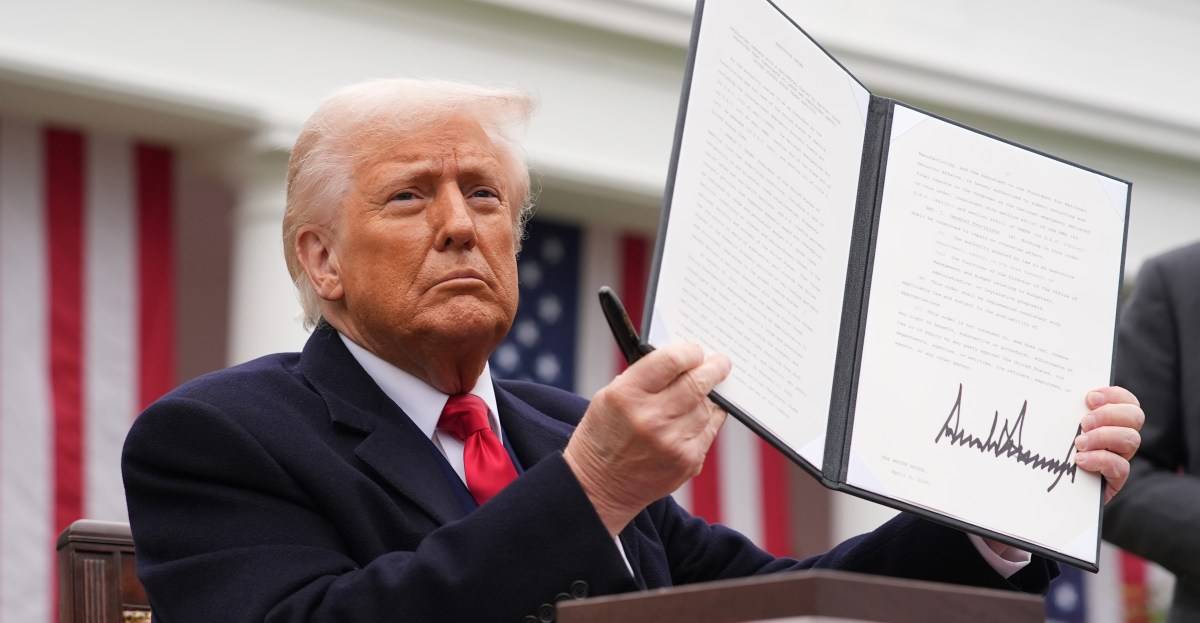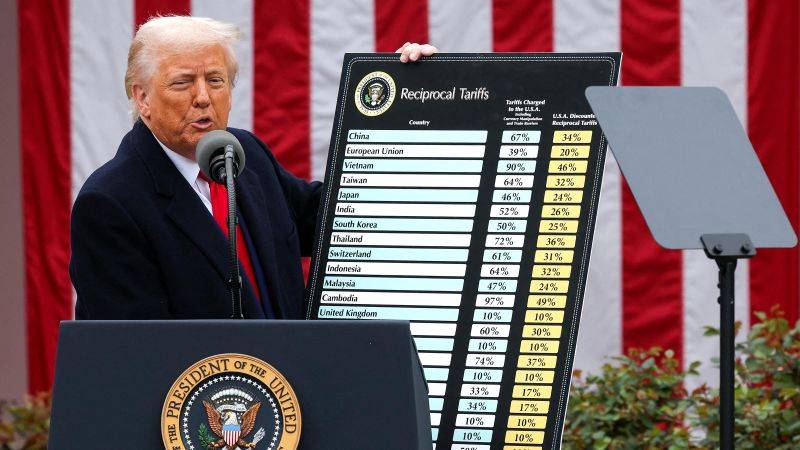President Trump’s Tariffs Spark Global Controversy
Over recent weeks, President Donald Trump’s tariffs have become a central point of controversy in U.S. economic policy. He has implemented a series of tariffs aimed at reducing the U.S. trade deficit and enhancing national manufacturing, which has led to a political clash both domestically and internationally.
Declaration of “Liberation Day” and Tariff Policy
On April 2, 2025, Trump dubbed “Liberation Day,” he declared a national emergency and announced a sweeping 10% tariff on all imports to the U.S., effective April 5. This was part of a broader strategy to impose “reciprocal tariffs” tailored to each country based on factors like existing tariffs and trade balances. Higher tariffs are also being imposed on countries with significant trade surpluses with the U.S., such as China, the European Union, and others, with rates varying from 20% to over 30% depending on the country.
Supporters vs. Critics
Trump’s supporters see these policies as a way to protect American workers and industries. They argue that the tariffs will encourage manufacturing to return to the U.S. and reduce dependence on foreign goods. However, critics, including several economists and leaders worldwide, warn that these tariffs could lead to higher consumer prices, increased inflation, and potentially even spark trade wars.
Chancellor Olaf Scholz of Germany called Trump’s tariffs “fundamentally wrong,” emphasizing that they undermine a trade system that has created global prosperity.
Global Reactions
The reaction from global trading partners has been strong. The European Union is preparing countermeasures while remaining open to negotiations. Canada and Mexico are seeking exemptions under the USMCA framework but are concerned about broader impacts. China and Vietnam are also contemplating retaliatory actions in response to the new tariffs.
Warren Buffett, a prominent investor and philanthropist, described tariffs as “an act of war, to some degree,” highlighting the potential for significant economic disruptions.
Domestic Political Response
In Washington, D.C., where I’ve been covering politics for years, the tension is palpable. Lawmakers from both parties are scrutinizing these tariffs, with some preparing resolutions to block certain measures, especially those targeting allies like Canada. The debate reflects a broader dialogue about the U.S.’s role in global trade and whether protectionist policies are the best strategy to boost American manufacturing and reduce trade deficits.
Economic Implications
As April 9 approaches, when the higher tariffs on specific countries will take effect, the global economy is bracing for the potential impacts. The U.S. government expects these tariffs to generate hundreds of billions in annual revenues, but economists caution that they could also trigger a slowdown in economic growth as consumers face higher prices due to increased costs for businesses.
For now, Trump remains resolute in his stance, emphasizing that these measures are necessary to restore fairness in international trade and protect American interests.
Conclusion
The ongoing debate highlights the complexity of trade policy and its influence on both domestic and foreign relations. While some view these tariffs as a strategic move to correct past imbalances, others fear they may exacerbate global economic tensions. As a political journalist, it’s clear that the path forward will depend on how effectively these policies achieve their intended goals without causing unintended economic harm.
For more on this evolving situation and how it impacts global trade policies, visit Epochedge Politics for the latest updates and analysis.

